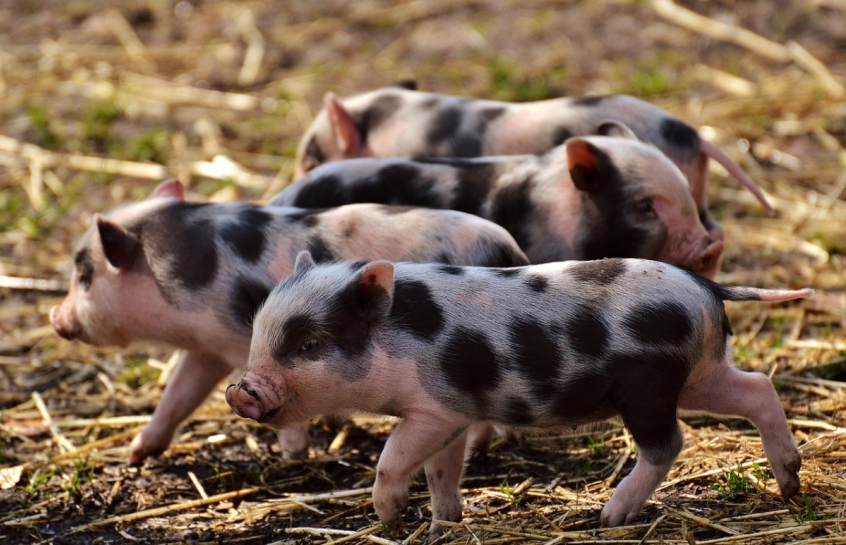A University of Chester professor has been awarded a £450,000 research grant to develop his work engaging churches and policy makers in relation to farmed animal welfare.
Prof David Clough, who is Professor of Theological Ethics at the University, has been awarded the grant by the Arts and Humanities Research Council (AHRC) for a three-year project on the Christian ethics of farmed animal welfare.

He will be working in partnership with major UK churches and a number of organisations with interests in animal welfare.
The project will produce the first academic book on the Christian ethics of farmed animal welfare and a framework for policy for Christian organisations. It will offer support for policy implementation as well as offering briefings to UK government policy-makers.
Clough is a leading international authority on the place of animals in Christian theology and ethics. He is the founder of Creature Kind, which operates in the US and UK and which was established to engage churches and other Christian organisations in thinking about the implications of Christian faith for the treatment of animals.
He also recently launched a new #DefaultVeg project encouraging organisations catering for events to order vegetarian food by default, with meat available on request.
The research will involve working with organisations including the Church of England, the Roman Catholic Church, Compassion in World Farming and the Veterinary Christian Fellowship.
The project will present its findings to the Church Commissioners and offer briefings to the Church of England bishops in the House of Lords, and the All-Party Parliamentary Group on Animals. Three US observers on the project will advise on the feasibility of a US successor research project on the same model.
Clough said: 'I am extremely pleased to have been awarded this grant, which comes at a time of a growing Christian recognition that concern for animals is a matter of Christian faith. In the 19th century, Christians were at the forefront of campaigns against cruelty towards animals, and they now have the chance to play the same role in challenging the cruelties inflicted on farmed animals in industrialised systems. Through this project we hope to contribute to public policy debates about farmed animal welfare at a crucial moment: the question of how animal agriculture will be regulated post-Brexit.'













